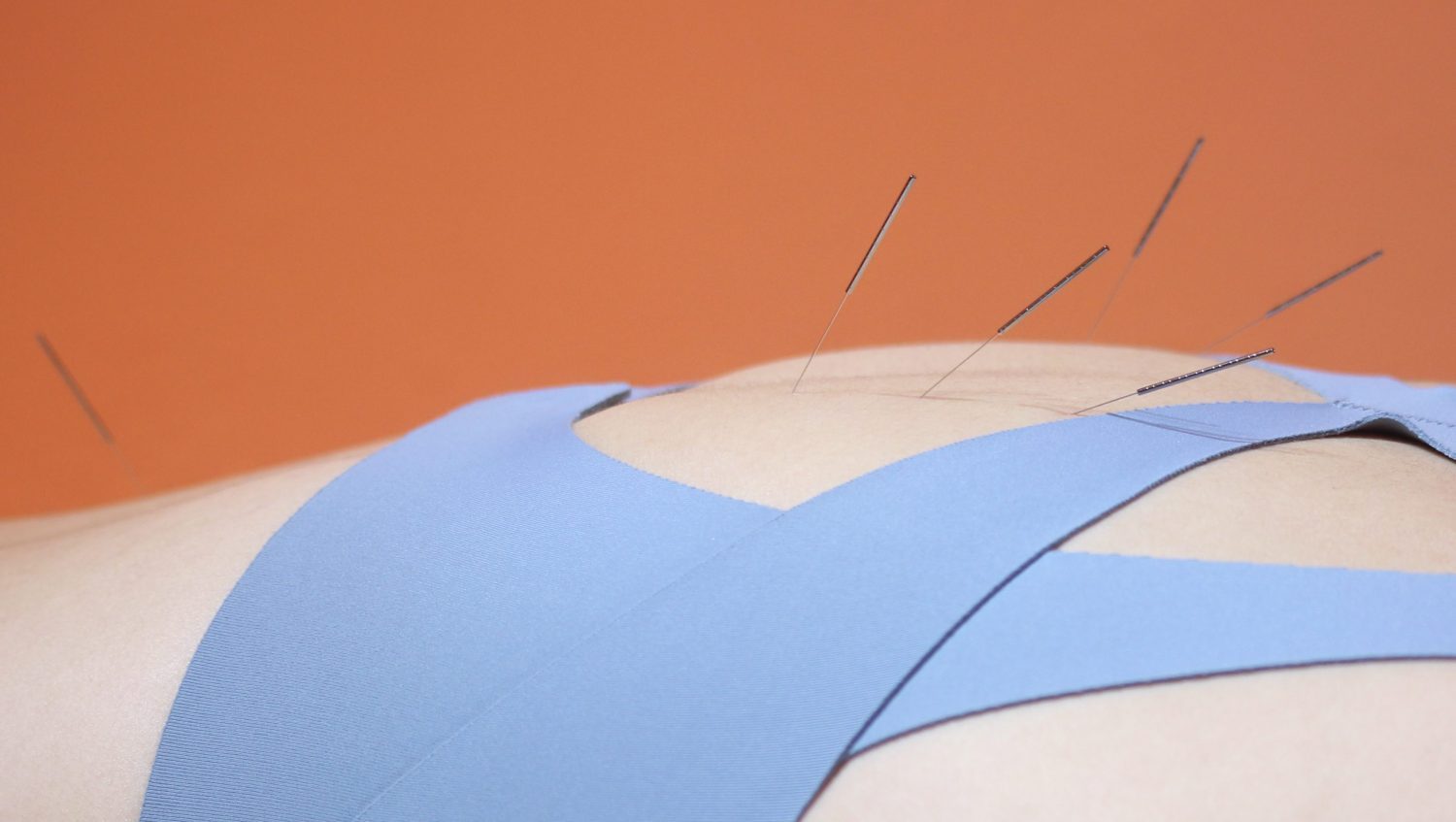
Acupuncture is a 5000-year-old medical technique that flourished in ancient cultures, including India, Egypt and Central America, where needles made of iron and stone have been found, and more famously, China, Korea and Japan, where the tradition remains unbroken until the present day. Acupuncture is part of a complete medical system, that also includes herbal formulas, nutritional therapy, manual therapy and exercise therapy. It has been applied to treat more people than any other system of medicine.
Utilizing small, thin needles, inserted with strong finger pressure, acupuncture has been found practically painless by most patients who receive it. Because it has a general regulatory effect on the the nervous system, acupuncture affects all systems in the body. Through its stimulation of the release of endorphins, natural morphine that is 200 times more powerful than morphine itself, acupuncture produces a state of deep relaxation and relief of pain.
By stimulating chemicals in the serotonin-dopamine pathway, it further enhances anti-anxiety, anti-anti-depressant, and sleep-inducing effects. White blood cells are also released that have anti-inflammatory, anti-histamine and anti-infection effects.
Thus, the World Health Organization and the National Institutes of Health have recommended acupuncture for no-risk, effective treatment of a wide variety of orthopedic, neurological, gynecological, respiratory, digestive, cardiovascular and psychological conditions.
These include arthritis, neck and back strain, headaches and jaw pain, carpal tunnel syndrome and tendonitis, multiple sclerosis, stroke, Bell’s Palsy, shingles, menstrual cramping, menopausal hot flashes, allergies and sinus congestion, bronchitis, irritable bowel syndrome, constipation, chronic fatigue, attention deficit disorder, high blood pressure, peripheral neuropathy, Raynaud’s Syndrome, infertility, sexual dysfunction, anxiety and depression.

do you have a quit smoking program?
Hi Barbara, thanks for your inquiry! We certainly have many ways to to help with quitting smoking!
Please give us a call at 425-775-6001 and we’d be happy to help kick this habit!
Sincerely,
NHMC
Do you use acupuncture to treat plantar facitis?
Hi Cara,
Thanks for your inquiry, yes we acupuncture can be effective for plantar fasciitis along with a few other therapies!
Let us know if you have any questions or give us a call at 425-775-6001.
-NHMC
Do your acupuncture treatments include cupping, spooning, and/or manual therapy/massage?
Hello, thanks for the inquiry!
We do frequently try to incorporate some manual therapy into our treatments, whether it’s cupping, guasha, tuina, etc…
Feel free to give us a call at 425-775-6001 and we would be happy to answer more questions!
-NHMC